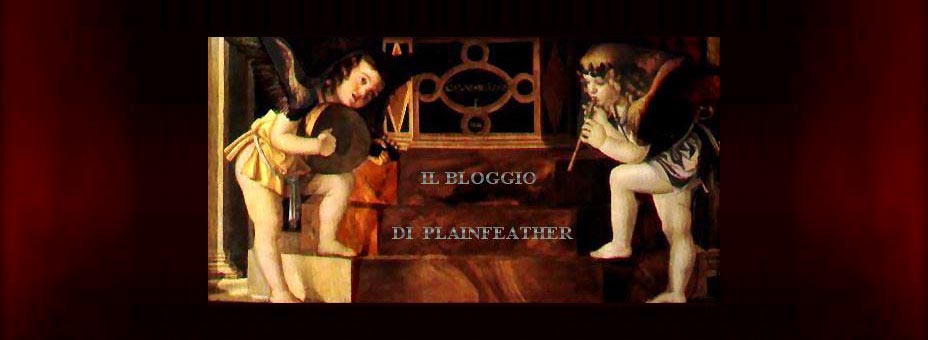...the pure emerald flame streaming in the wake of our Auto....
I’ve always liked
The Green Automobile, a love poem Allen wrote for Neal Cassady, first published in
Reality Sandwiches in 1963. It expresses so much of what I really admire about the Beat poets: good humor, a poetics based substantively on experience rather than on mere imagery and linguistic manipulation or other formalisms, and a confessionalist rather than fictive approach to content.
Much of what the poet talks about is described in detail in
On the Road, which of course makes the reader already feel familiar with the poem. What’s being confessed to is far more intense, and Ginsberg’s irrepressible instinct to let it all hang out, no matter how horrifying the reception, is probably more evident here than anywhere else.
The poem was written in or around 1953, a good ten years before it was published. In the deeply homophobic Dark Ages of mid-century America, same-sex sexuality was illegal and imprisonable, a damnable offense in the eyes of organized religion, and a psychiatric illness in the eyes of the medical establishment. The collateral damage was in most cases worse: green-card holders were denied citizenship, students lost their scholarships, you couldn’t fulfill your dream of becoming a salesman for Gillette Razor Company, and I’ll just bet the Boston Public Library wouldn’t issue you a library card if it were known you were gay.
1953 was therefore not really a good time to be publicly expressing your gay pride, but no such considerations impeded Allen’s travels in the Green Automobile. Not only that: the poem delved into another embarrassing area of human concern, namely that of unrequited, or in this case probably unrequitable, love.
This is generally not a topic that anybody in his/her right mind wishes to read about, or write about either. It’s simply too painful to be contemplated, and if you’re the aggrieved party, the conventional solution is to abandon every thought of love’s misfortune as rapidly as possible. It’s a kind of diarrhea of the emotions, and best so approached.
But not for our poet, who transforms hopelessness into a glorious transcontinental angelic psycho-cosmic joy ride, offering the Green Automobile, a symbol of shared visions and emotions, but I think also of hopeless love, as a gift of the imagination to the admired comrade.
In 1967, I published a poem called
the Red and Silver Motorcycle, not at all for the reasons that motivated Ginsy, but because I loved his Green Automobile poem so much. I meant it as a celebration of an affair I’d had with a friend with whom I went bombing around California on my red and silver motorcycle, a Kawasaki 250cc. I bought it at Whitey’s Bike Shop on Valencia near 14th, the first bike I ever owned. Steve Lowell died of AIDS in the early 90’s. Here is the poem I wrote:
I wrote my poem at age 27--the same age as Allen when he wrote
The Green Automobile. Allen's poem can be viewed
here at Google Books--you'll need to scroll around a bit.
Below is
moi aboard the red and silver motorcycle parked in front of the Cafe Garuda, Haight Street, Summer of Love, 1967. In those days, bikes were actually built of metal.
+















